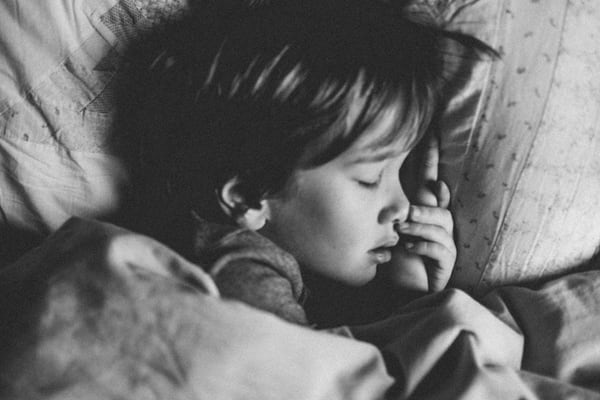Although sleep is crucial for our health and proper development, many parents struggle with daytime naps. Some toddlers still enjoy napping during the day, while others start screaming at any intent to put them down for a nap during the day. However, while small infants nap throughout the day, they tend to skip naps as they grow older.
Sleep patterns change with age
A study with more than 172 children aged six months to seven years old found that sleeping habits change with age, but they do not depend on gender—for example, infants from 6 months to 18 months old sleep during the day. Children younger than 12 months sleep at least two times a day. Many toddlers older than three years old stopped napping, while others maintained the habit until six. By age seven, the vast majority of children stop napping during the day.
Is my toddler ready to stop napping?
The answer is tricky as it depends on each individual. Some toddlers function better if they skip daytime naps and go to bed early, while others prefer a short nap during the day and going to bed later. Parents can notice the toddler’s preferences and try both ways to see which one offers the best results. The idea is to offer our children enough sleeping hours and a healthy sleeping routine.
Toddlers who do not show signs of tiredness during the day, those who do not develop mood changes, and those who struggle to fall asleep during naptime might be ready to quit this daytime nap.
Napping can affect the child’s ability to fall asleep
Researchers determined that children, who are still forced to sleep during the day and have trouble falling asleep at night, might have to stop napping. Others might need shorter naps so that their ability to fall asleep is not altered.























Leave a Reply